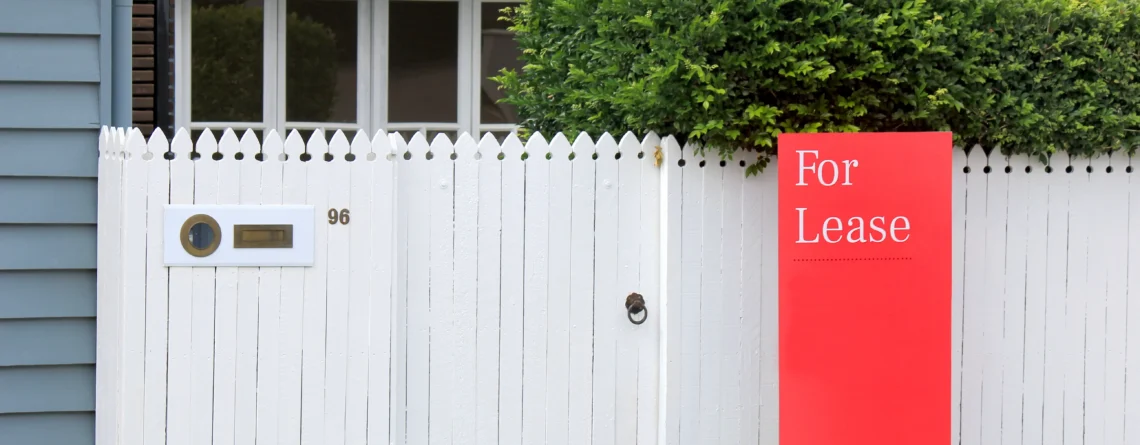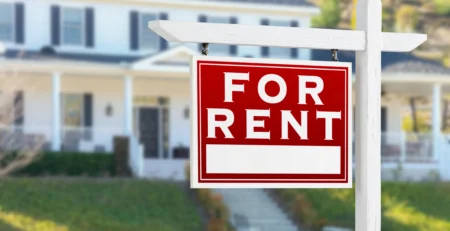Introduction
Rental loan is typically easier to qualify for than traditional mortgage loans. Additionally, rental loans can provide investors with a lump sum of money to cover the entire cost of purchasing the rental property. Additionally, rental loans allow investors to borrow a portion of the purchase price and keep the remaining funds for renovation expenses, and improve cash flow. Lastly, rental loans offer longer loan terms compared to conventional mortgages, resulting in lower monthly payments. All in all, rental loans are a great financing option for investors looking for a smart way to finance their rental property investments. With the right rental loan, real estate investors can secure long-term financing solutions that can help them generate stable cash flow from rental properties and profit in the long run.
In this comprehensive guide, we will discuss the benefits of rental loans, the types of these loans available, and how to access the funding you need.
Benefits of Rental Loans
Stable Cash Flow:
Overall, rental loans provide investors with a dependable cash flow source, flexible loan parameters, and the ability to modify the loan to changing conditions in the rental market. In short, rental loans provide investors with a reliable and sustainable source of finances for their rental properties.
Tax Benefits:
Furthermore, rental property investments provide steady income streams. Rental properties can generate passive income for investors, allowing them to receive income regardless of market conditions. Additionally, rental properties may appreciate in value over time, allowing investors to benefit from both regular income and increased capital gains if and when they decide to sell.
Asset Appreciation:
Moreover, rental loans are typically designed for long-term rental investments with low down payment requirements and low interest rates. Additionally, rental loans have longer repayment terms than other forms of financing, allowing the investor to maximize rental income while minimizing monthly expenses.
Rental properties are typically an appreciating asset, which can be leveraged with a rental loan to generate high yields from appreciation. Furthermore, rental loans typically require only a low down payment and come with low interest rates, perfect for long-term rental investments. In addition, these loans have longer repayment terms than other forms of financing, allowing a savvy investor to maximize rental income with minimal monthly expense.
Types of Rental Loans
– Conventional Mortgages: Conventional mortgages are the traditional mortgage loans offered by lending institutions such as banks and credit unions. These loans offer long-term financing options, typically with a fixed or adjustable interest rate, that can be used to purchase or refinance rental properties.
– Private Money Loans: Private money loans are loans that investors can get from private investors or peer-to-peer lending platforms. These loans often have shorter loan terms, higher interest rates, and less stringent lending requirements than conventional mortgages.
– Hard Money Loans: Hard money loans are short-term loans that investors can get from private investors or private lending institutions. These loans typically have short loan terms, higher interest rates, and more flexible lending requirements than conventional mortgages.
Accessing Rental Loans
To access rental loans, investors can follow these steps:
1. Identify the Type of Rental Loan: Determine the type of rental loan that fits your investment strategy. Consider the lending institution’s reputation, requirements, interest rates, loan terms, and fees before making a decision.
2. Check Your Credit Score: Check your credit score to determine your eligibility for the rental loan. Many lending institutions require a good credit score to approve a rental loan.
3. Prepare Your Finances: Prepare your finances to meet the lending institution’s requirements. This includes preparing income statements, balance sheets, and profit and loss statements for your rental properties.
4. Gather Documents: Gather all necessary documents required by the lending institution. This includes income statements, balance sheets, profit and loss statements, rental agreements, and tax returns.
5. Apply for the Rental Loan: Submit the necessary documents, and fill out the application form. Some lending institutions may require additional documentation or information before approving the loan.
FAQs
1. What credit score do I need to get a rental loan?
The required credit score for a rental loan varies depending on the lending institution and the type of rental loan you are applying for. Generally, you need a credit score of at least 620 or higher to qualify for most rental loans.
2. Can I get a rental loan if I have bad credit?
If you have bad credit, it may be more challenging to get approved for a rental loan. However, some private lenders or peer-to-peer lending platforms offer rental loans to real estate investors with bad credit. The interest rates and lending terms, though, may be less favorable than those available to investors with good credit.
3. How much can I borrow with a rental loan?
The amount you can borrow with a rental loan depends on several factors, such as your credit score, rental property’s income potential, and the lending institution’s lending guidelines. Generally, you can borrow up to 80% of the rental property’s value.
4. Can I use a rental loan to purchase or refinance multiple rental properties?
Yes, rental loans can be used to purchase or refinance multiple rental properties. However, the lending institution’s requirements may vary. Some may require higher credit scores, more significant down payments, and more stable rental income levels.
5. Can I use a rental loan to renovate my rental property?
Yes, most rental loans can be used to finance rental property renovations or repairs. However, the amount of the loan may not be sufficient to cover the entire renovation cost. Also, the lending institution may require you to maintain some minimum level of rental income during the renovation period.
Conclusion
Rental loans can be a useful financing tool for real estate investors looking to purchase, renovate, or refinance rental properties. By accessing a well-designed rental loan, investors can leverage the long-term revenue potential of rental properties to generate stable cash flow streams, tax benefits and asset appreciation. It is essential to understand the different types of loans available, choose the right lending institution, and prepare adequately to qualify for the financing you need. With the right rental loan, an investor can take advantage of the income potential of rental properties and achieve long-term financial success in real estate investing.












Leave a Reply